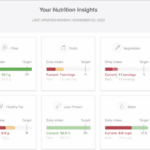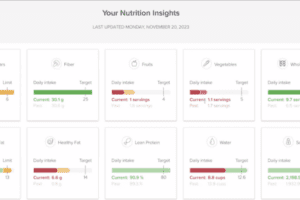A group of large healthcare technology vendors has come together to make information on COVID-19 vaccinations more readily available.
The Vaccination Credential Initiative, which is developing a standard model for organizations administering the COVID-19 vaccine, includes the CARIN Alliance, Cerner, Change Healthcare, The Commons Project Foundation, Epic, Evernorth, Mayo Clinic, Microsoft, MITRE, Oracle, Safe Health, and Salesforce.
The standards being developed by the group will make credentials available in an accessible, interoperable digital format. Members intend to accomplish this using the SMART Health Cards specification, which is based on W3C Verifiable Credential and HL7 FHIR standards.
The group’s ultimate vision is to make it easier for individuals to obtain an encrypted digital copy of their immunization credentials. Those credentials can be stored in a digital wallet of their choosing. Patients without smartphones will be able to get paper printed with QR codes containing W3C verifiable credentials.
Developing ways to make vaccination data freely shareable is critical as COVID-19 immunization rates gather steam. While it’s good to see that the COVID immunizations are being delivered, it will be difficult for providers and public health officials to track and manage the ongoing program of immunizations across the US population.
It would be nice if these players were poised to get together and share health data in other important areas, but the truth is that operational and business obstacles to true health data interoperability remain challenging. Although, could this be a big step forward when it comes to sharing immunization data?
Interoperability obstacles remain in place even despite considerable pressure being brought to bear by the federal government. In December, CMS released a proposed rule requiring Medicaid managed plans and other insurers offering products on the ACA exchanges to support the sharing of patient data amongst themselves. On the other hand, we’re still at a virtual standstill when it comes to sharing some other forms of health data. Some sharing is taking place, true, but it’s still a struggle for the organizations involved. Plus, as John recently pointed out, there’s never really a time when interoperability will be “solved.”
Eventually. CMS will have the momentum it needs to push HIT vendors and providers hard enough to get them off of the interoperability fence. Unfortunately, it could become time before that happens.
The reality is that little progress is likely to occur in the maturation of health data interoperability until the COVID-19 crisis begins to wane. With providers still in emergency mode and the virus infection and death totals still at high levels in the US, there seems to be little appetite among regulators to impose additional burdens. The 21st Century Cures Act was already delayed to April 5, 2021. Will regulators delay it again?
Time will tell, but once a consensus arises that the pandemic is truly beginning to recede, providers can expect the interoperability demands imposed by CMS to come roaring back into the forefront. While COVID-19 might have frozen interoperability rules, the issue is not going away.













